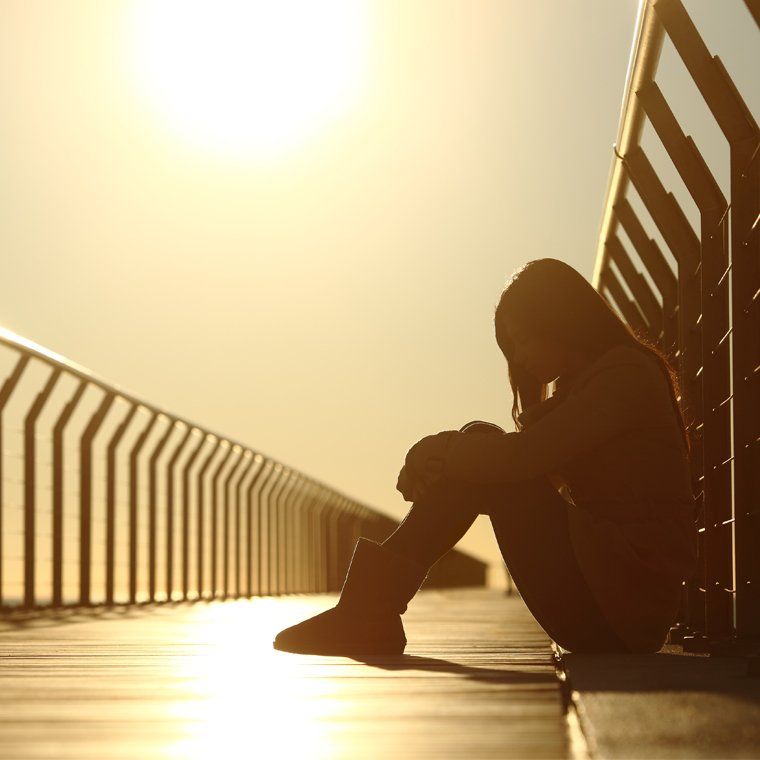Teen Challenges
Teen Challenges
Mental health conditions and disorders don't only affect adults. Children and teens can experience mental health problems too. In fact, research has now shown that most mental disorders follow a developmental course that typically starts early in life. This is true not only of conditions such as autism and ADHD, which are well known for having onset in childhood, but also for mood, anxiety, and psychotic disorders. So, many people who suffer from depression, social phobia, obsessive compulsive disorder, bipolar disorder, or schizophrenia showed signs before they were 24 years old.
Like adults, children and teens can sometimes experience intense emotions as they get older or go through stressful or traumatic events in their lives. For example, it is common for children to feel anxious about school or friendships, or for teens to have short periods of depression after a death in the family.
Mental disorders are different. They can cause ongoing, severe symptoms that affect how a child feels, thinks, acts, and handles daily activities, such as going to school, sleeping, or eating. It is important to know the signs and seek help if needed.

Warning Signs
Children and teens can develop the same mental health disorders and conditions as adults, but their symptoms may be different or hard to identify. Your child or teen might need help if he or she:
- Often feels very angry or very worried
- Can’t sleep or eat
- Is unable to enjoy pleasurable activities any more
- Isolates her/himself and avoids social interactions
- Feels grief for a long time after a loss or death
- Uses alcohol or drugs
- Exercises, diets and/or binge-eats obsessively
- Hurts other people or destroys property
- Has low or no energy
- Smokes, drinks, or use drugs
- Feels like he or she can’t control own emotions
- Has thoughts of suicide
- Harms her/himself, such as cutting or burning her/his skin
- Thinks his or her mind is controlled or out of control
- Hears voices
It may be helpful for children and teens to save several emergency numbers to their cell phones. The ability to get immediate help for themselves or for a friend can make a difference.
- The phone number for a trusted friend or relative
- The non-emergency number for the local police department
- The Crisis Text Line: 741741
- The National Suicide Prevention Lifeline: 1-800-273-TALK (8255).
Help for your teen using
Clayton Behavioral Therapists who treat teen challenges in children and adolescents
Contact Us
9890 Clayton Rd, Suite 100
St. Louis, MO 63124
Annex
9904 Clayton Road, Suite 135
St. Louis, MO 63124















